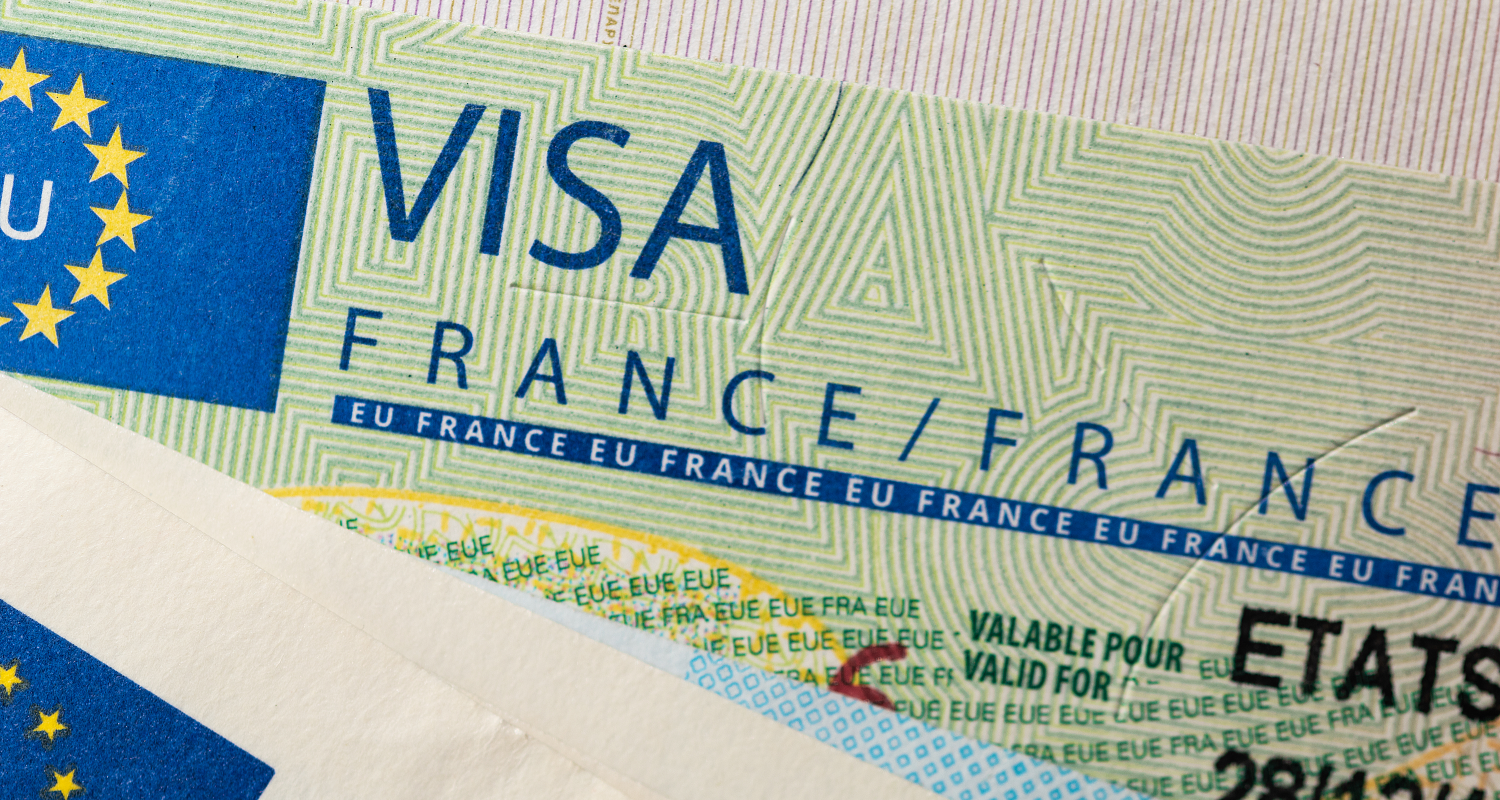
Navigating the world of Turkey Business Visa applications can seem like a discouraging task, but with the right cognition and approach, you can unlock opportunities for travel, education, work, or even a new life in a imported country. Whether you re planning to study abroad, work in another land, or research the earth, understanding the visa application work is material. In this guide, we ll break away down everything you need to know about visa applications, from the basics to the particular types of visas available, the application work on, and tips for succeeder.
1. What is a Visa?
A visa is an official document issued by a state s political science that allows a nonnative national to enter, stay, or work in that res publica for a specified period. Visas come with conditions, such as the duration of stay, resolve of travel to, and any restrictions on employment or study. Countries make out different types of visas depending on the applicant s purpose whether it s for touristry, byplay, meditate, or work. It s essential to pick out the right type of visa, as applying for the wrong can lead to delays or denials.
2. Types of Visas
Visa types vary from res publica to res publica, but they in the main fall into the following comprehensive categories:
-
Tourist Visas: These are short-circuit-term visas granted to individuals visiting a country for touristry, leisure time, or visiting friends and mob. Tourist visas typically do not allow the holder to wage in work or study activities.
-
Student Visas: For individuals wish to study at an educational mental hospital in a alien body politic. These visas often come with restrictions on the total of hours a bookman can work while perusal.
-
Work Visas: Granted to individuals who have secure a job volunteer in a adventive nation. Work visas can be extremely specific depending on the type of work or manufacture(e.g., arch proletarian, seasonal push).
-
Business Visas: Issued to individuals visiting a nation for byplay purposes, such as meetings, conferences, or negotiations. These do not allow applicants to engage in place work or tug in the country.
-
Immigrant Visas: These visas are for individuals looking to move permanently to another commonwealth. They are often supported on mob relationships, employment offers, or special skills.
-
Transit Visas: For travelers passing through a body politic on their way to another terminus. These Turkey Visa Application s are usually short-term and express in scope.
3. The Visa Application Process
The visa practical application work varies depending on the body politic and visa type, but most follow a similar social system. Here s a step-by-step partitioning of the process:
1. Determine the Right Visa Type
Research the body politic you wish to travel to and determine which visa type applies to your situation. Each visa type has its own requirements and criteria, so it s meaningful to get this right from the start.
2. Complete the Application Form
Most visa applications are available online, and you ll need to fill out a careful form providing subjective selective information, trip plans, and the purpose of your travel to. Some countries may also need biometric entropy like fingerprints.
3. Gather Supporting Documents
Supporting documents are vital to the achiever of your visa practical application. These may let in:
- Passport with at least six months of validity
- Proof of financial stability(bank statements, income inside information)
- Travel itinerary(flight bookings, hotel reservations)
- Letter of invitation or acceptance(for scholarly person or work visas)
- Medical certificates or vaccinations(where needful)
- Police or background check
4. Pay the Visa Fee
Most countries charge a visa application fee, which can vary importantly depending on the visa type and the commonwealth you are applying to. Be sure to the fee schedule before submitting your practical application.
5. Attend an Interview(if requisite)
Some countries may require an in-person visa interview. During the interview, you may be asked about your travel plans, fiscal situation, and ties to your home res publica. The resolve of this interview is to control that you meet the visa requirements.
6. Wait for Processing
After submitting your practical application, there is typically a processing time during which authorities review your practical application and make a decision. Processing times can straddle from a few days to several weeks, depending on the country and visa type.
7. Receive Your Visa
If your practical application is sanctioned, you ll receive a visa prickle or stomp in your passport. If denied, you will be familiar of the reasons and may be able to reapply.
4. Tips for a Successful Visa Application
-
Start Early: Visa processing can take time, so employ as early on as possible to keep off any delays. Some visas may take weeks or even months to process.
-
Be Honest: Always supply precise and honest information in your application. Misrepresentation or false information can lead to immediate rejection and future bans.
-
Double-Check Documents: Ensure all needful documents are complete and meet the body politic s specifications. Missing or false documents can delay your application.
-
Stay Informed: Visa policies and requirements can change frequently. Regularly check the official politics site of the country you re applying to for updates and news.
5. Conclusion
A visa is more than just a stamp in your recommendation; it s the key that unlocks doors to new opportunities, experiences, and adventures. Understanding the visa application work on, the different types of visas available, and how to successfully voyage the practical application work can make all the remainder. By being well-informed, start early, and ensuring your practical application is complete and precise, you can pave the way for your jaunt, work, or study overseas.

